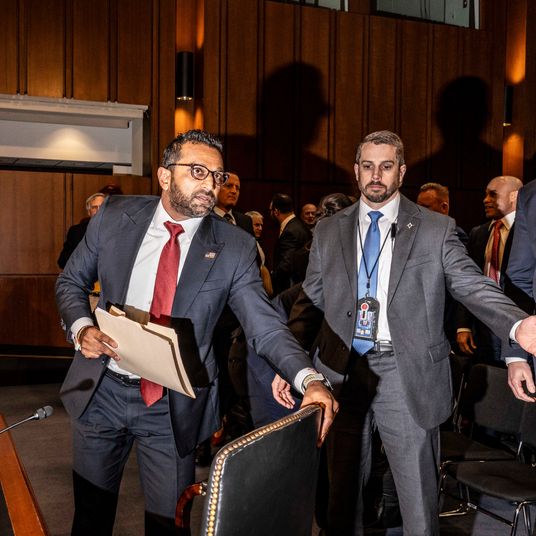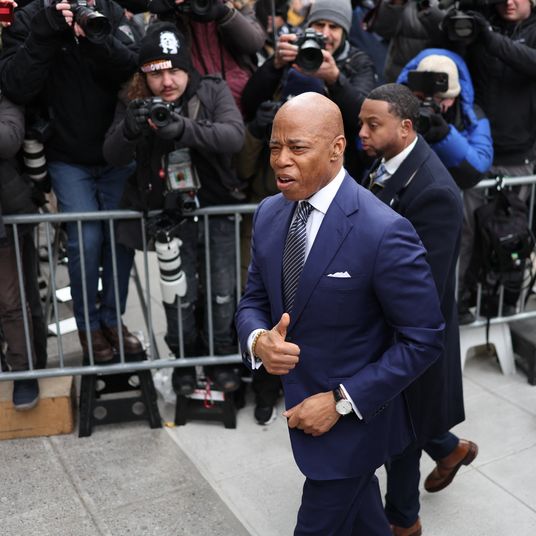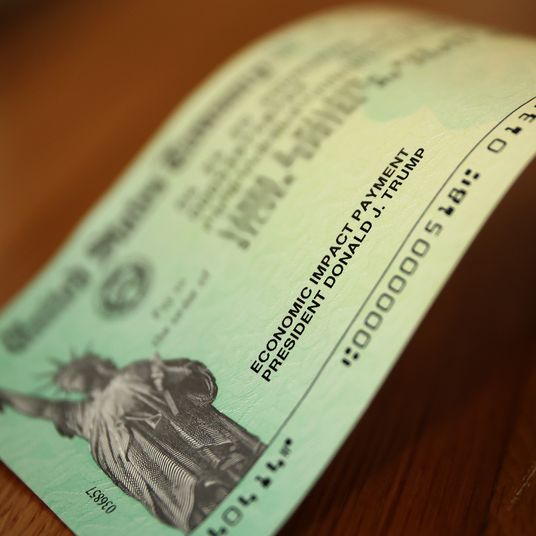
Among the CPAC participants filing out of the Gaylord National Resort and Convention Center earlier this evening, after the three-day orgy of liberty had come to a close, was Jack Abramoff, the notorious lobbyist turned do-good reformer. Abramoff had no time to talk, however, because he had to get to temple. Menschly, he offered to call after sunset.
Which he did. At CPAC, Abramoff told us, he “saw some old friends” and, apparently, no old enemies. “Nothing was uncomfortable at all,” he assured us. With the people who approached him, it was all “‘good to see you, we read your book, we saw you on TV, keep up the good stuff’ — that kind of thing.”
His prison and pizza days a distant memory, Abramoff is now juggling a number of projects, among them a weekly radio show, some public speaking, and, most interestingly, the American Anti-Corruption Act, an effort by the non-profit group United Republic to limit the influence of money in politics.
Abramoff has said that “the lobbyists’ job is to find loopholes,” and now, like Frank Abagnale Jr. — the check-forger of Catch Me If You Can fame who became a fraud-prevention expert — he’s using his unique skills to make that task, if not impossible, at least more difficult.
“Obviously you can never make something completely loophole free,” he says, “because every time you have a bunch of lobbyists and lawyers in a room they’re going to find a loophole. But we’re going to do our best to close things that are obvious in other bills.”
Though initial reports indicated that the goal was to get the AACA introduced in Congress in 2013, Abramoff said the group is going with a more deliberate, long-term strategy.
“Our hope is to make it an issue in the 2014 and then the 2016 campaigns,” Abramoff told us. “We don’t really care about introducing it [in Congress], initially. We mainly care about building enough force to, we hope, beat a number of members over the issue. And then once we’ve proven to Congress the political strength of this issue, to be able to then come into Congress. We’re not approaching this in the usual fashion.”
Abramoff describes his complete about-face on his former industry as partially, but not entirely, an act of atonement. “To some degree it’s recompense, certainly, for some of the past stuff,” he says. But, also, “I’ve come to believe this stuff, and I’ve generally spent a life doing things that I believe in.”





























